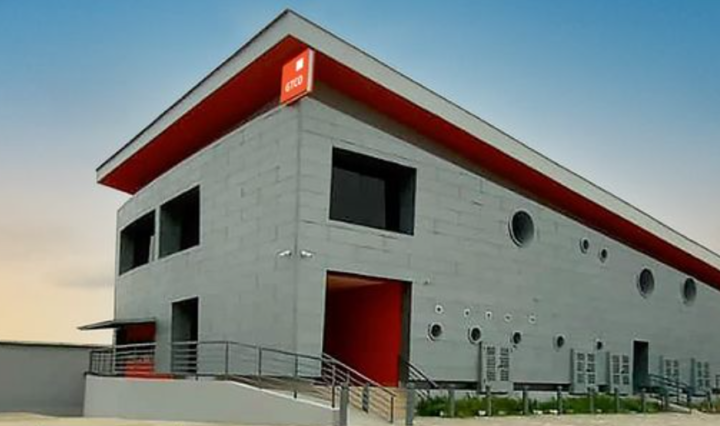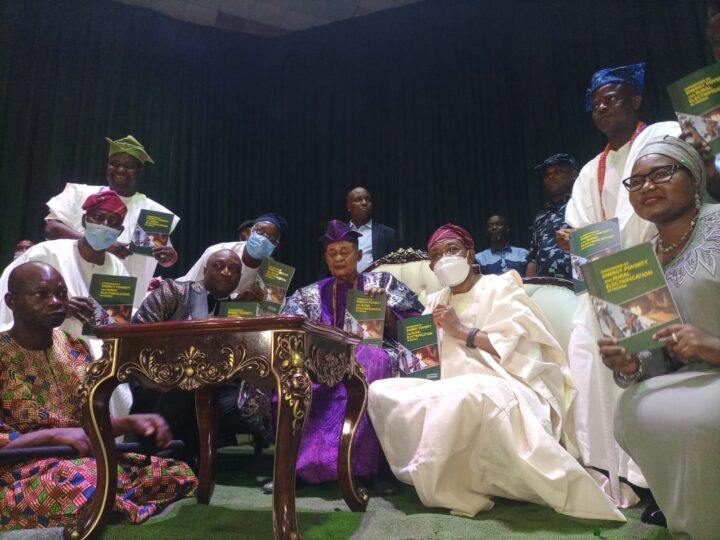Guaranty Trust Holding Company (GTCO) Plc says the continued debit on cash reserves ratio (CRR) by the Central Bank of Nigeria (CBN) could negatively affect loan performance and investment in the banking sector in 2022.
The bank said this in its forecast of the economy titled ‘Nigeria Macro-Economic and Banking Sector Themes for 2022’.
“Discretionary cash reserves ratio (CRR) debits will continue in 2022 and would weigh negatively on asset yield for the sector,” the report reads.
CRR is a percentage of a bank’s total deposit which it must maintain with the apex bank at all times.
Advertisement
In 2020, CBN’s monetary policy committee (MPC) increased CRR by five percent from 22.5 percent to 27.5 percent in its efforts to address monetary-induced inflation.
In February 2022, CBN debited a total of N356.1billion from 14 banks for failing to meet its 27.5 percent (CRR) obligation, also known as the cash reserve requirement.
In the latest report, GTCO said the relatively low yield on fixed income securities (FIS) will mount pressure on banks to intensify credit creations to the private sector which will in turn increase competition for quality loans and cause funding costs to inch up slightly.
Advertisement
It explained that the pressure on funding could also trigger a complimentary repricing on deposits in line with current market realities.
“The year could witness an intensified competition for deposits not only between banks and non-bank competitors but also with the federal government as a result of FGN Sukuk Bond issuances and possible pick up of the e-naira, effectively taking away deposits from banks,” the report added.
The bank noted that financial institutions would continue to look for innovative ways to grow non-interest revenue as well as consumer and retail loans, following the success recorded in the digital banking space post-pandemic and the massive investments made by banks to contain the pressure from fintech.
“In view of an expected increase in government borrowing on the back of a higher budget deficit and dwindling revenue, a low-interest rate regime might not hold for much longer,” the report said.
Advertisement
“We expect the CBN to continue to defend the naira with more frequent interventions in the I&E window. Overall, the regulatory authorities will maintain its hold on the market as it continues to monitor activities in the market and will be quick to implement policies to mitigate the developments that might negatively affect its plan for a stable naira.”
On Nigeria’s equity market, GTCO said rebalancing of portfolios from equities to fixed income, increased participation of alternative asset classes, reduced portfolio investments owing to FX illiquidity, and lack of catalysts to boost activity were factors that contributed to a difficult 2021 in the market.
The volatile performance of the market earned it the 9th best performing exchange in Africa in 2021. According to the bank, it will not change as the equities market is not expected to perform significantly better than in 2021.
It predicted a positive outlook for the economy dotted by commendable reserves.
Advertisement
“Going into 2022, the positive outlook for macro-economic trends include positive GDP growth, healthy reserves, elevated oil prices coupled with increased spending and consumption owing to election campaigning suggests that the economy would post positive figures in 2022,” it said.
Advertisement







